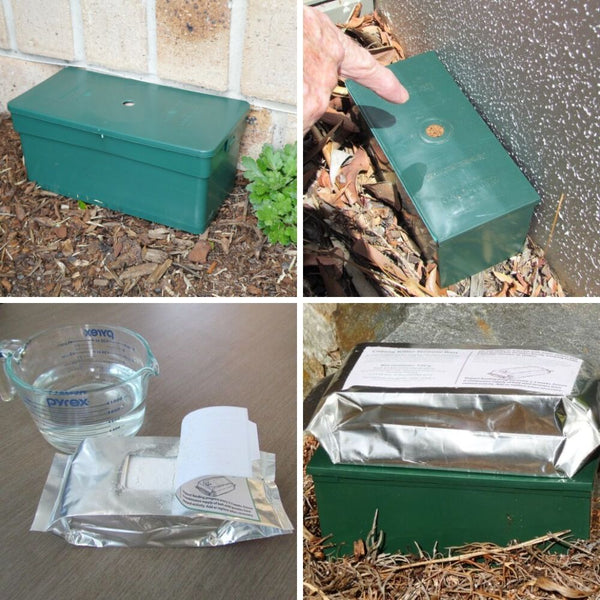No Products in the Cart
i have long believed it is worth paying for t-rex traps.
they are a robust, easy to set and release and very reliable.
if the traps are are cared for they can be used repeatedly.
A local pest control company uses this, which is how we discovered it. Have also ordered for a neighbour. Don't buy anything from Bunnings - this product works!



